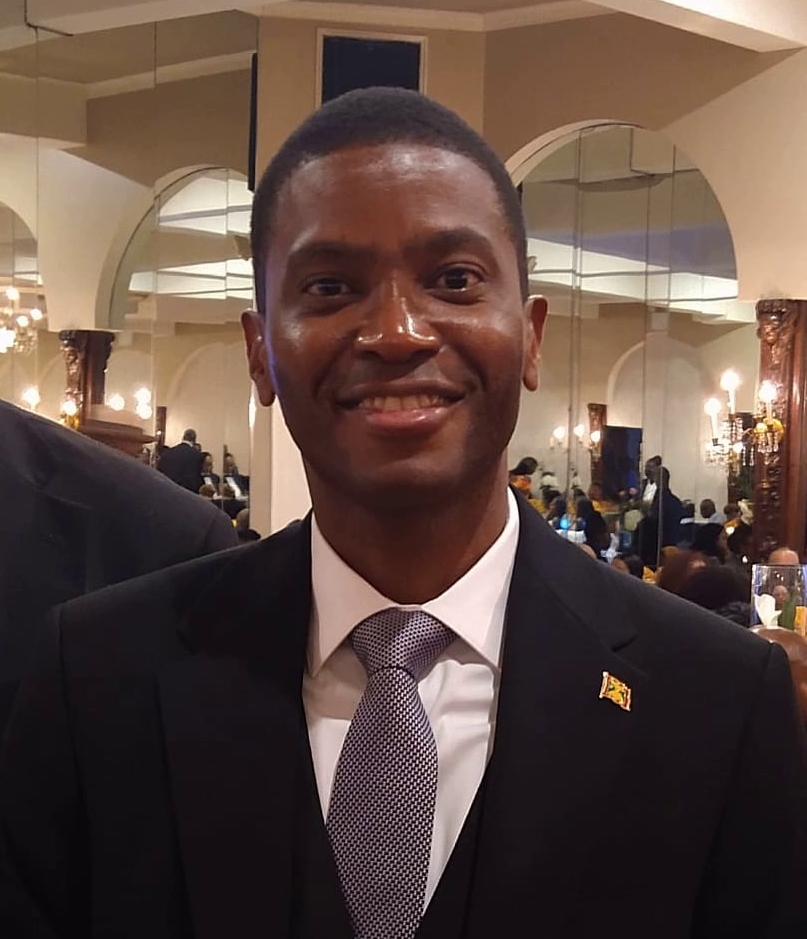In recent developments surrounding the governance of Grenada, Prime Minister Dickon Mitchell has found himself at the center of controversy regarding the country’s constitution. His desire to amend certain provisions, particularly in relation to the monarchy, has raised eyebrows and led many to question not only his understanding of constitutional law but also the democratic ideals that underpin the nation.
The crux of the issue lies in the fact that any amendments to the Grenadian constitution require a referendum, with a 66.66% majority needed for approval. This is not merely a bureaucratic hurdle; it reflects the principles of democracy, ensuring that significant changes to governance or national identity are made with the unequivocal support of the citizens. The previous administration under Dr. Keith Mitchell faced similar obstacles and attempted to amend the constitution on two occasions, both times without securing the necessary popular support. In light of this past failure, one would expect a more cautious and respectful approach from the current administration.
However, what we are witnessing instead is a push to circumvent this democratic process. Prime Minister Mitchell, along with his relatively inexperienced Attorney General, Senator Claudette Joseph, seems to believe they can work around the established constitutional requirements. Such an approach raises critical questions about their commitment to the principles of constitutional governance and the rule of law. Is it appropriate for a government to try and sidestep a process that the populace has deemed necessary for safeguarding democratic integrity?
The Prime Minister’s intention to change the oath of office from allegiance to King Charles to the state represents a significant shift in governance and national identity. This brings forth the question of whether it is possible to unilaterally adjust such vital components of governance without engaging the very people who are affected by these changes. Removing King Charles as head of state is not simply a matter of redrafting an oath; it entails a comprehensive reevaluation of the nation’s constitutional framework and its implications for Grenadian sovereignty.
Public sentiment must be at the heart of any constitutional discussion. The desire for change, while often legitimate, should never overshadow the foundation of democratic governance that mandates the involvement of the electorate. By sidestepping the referendum process, Prime Minister Mitchell risks not only his credibility but also the unity of the nation he seeks to lead.
Constitutions are not just legal documents; they embody the values and aspirations of a society. They are the bedrock upon which democracy is built. For Grenada, navigating such a delicate transition away from colonial remnants must be conducted with utmost care, transparency, and most importantly, public backing. Engaging citizens in an open referendum not only empowers them but also fosters trust between the government and the governed.
In conclusion, Prime Minister Dickon Mitchell would do well to reconsider his approach to constitutional change. Instead of trying to manipulate the legal framework, engaging in a meaningful dialogue with the people of Grenada will not only legitimize the government’s intentions but also reinforce the democratic ideals that are pivotal to the nation’s identity. Change is possible, but it must be sought through the proper avenues—ones that respect the constitution and the will of the people.
The Prime Minister knows that he doesn’t have the support of the Grenadian people that is why he is trying to circumvent the constitution. This is how dictators are born.

